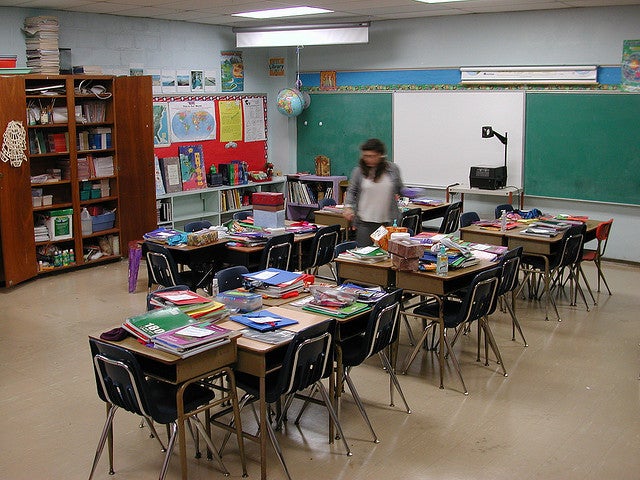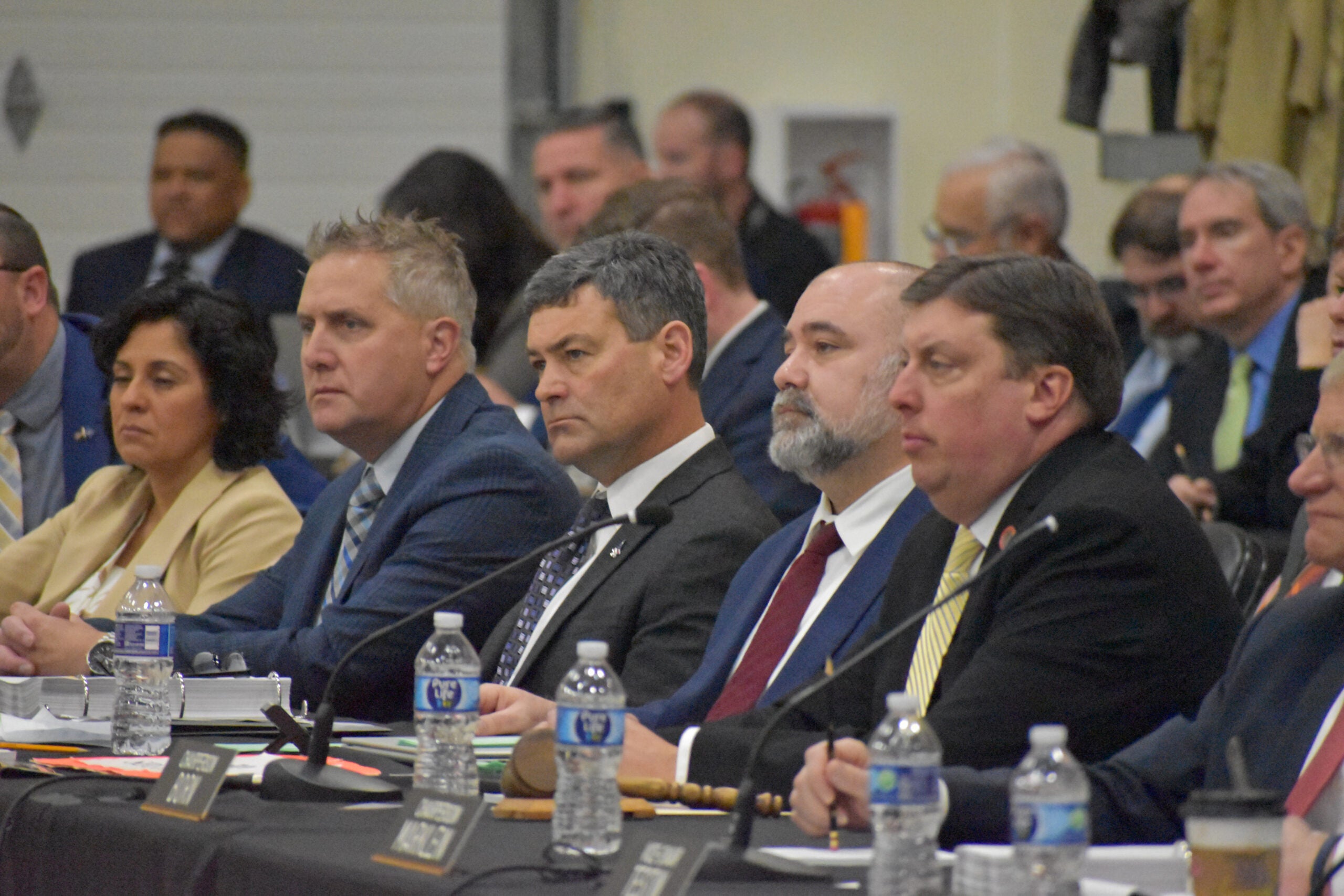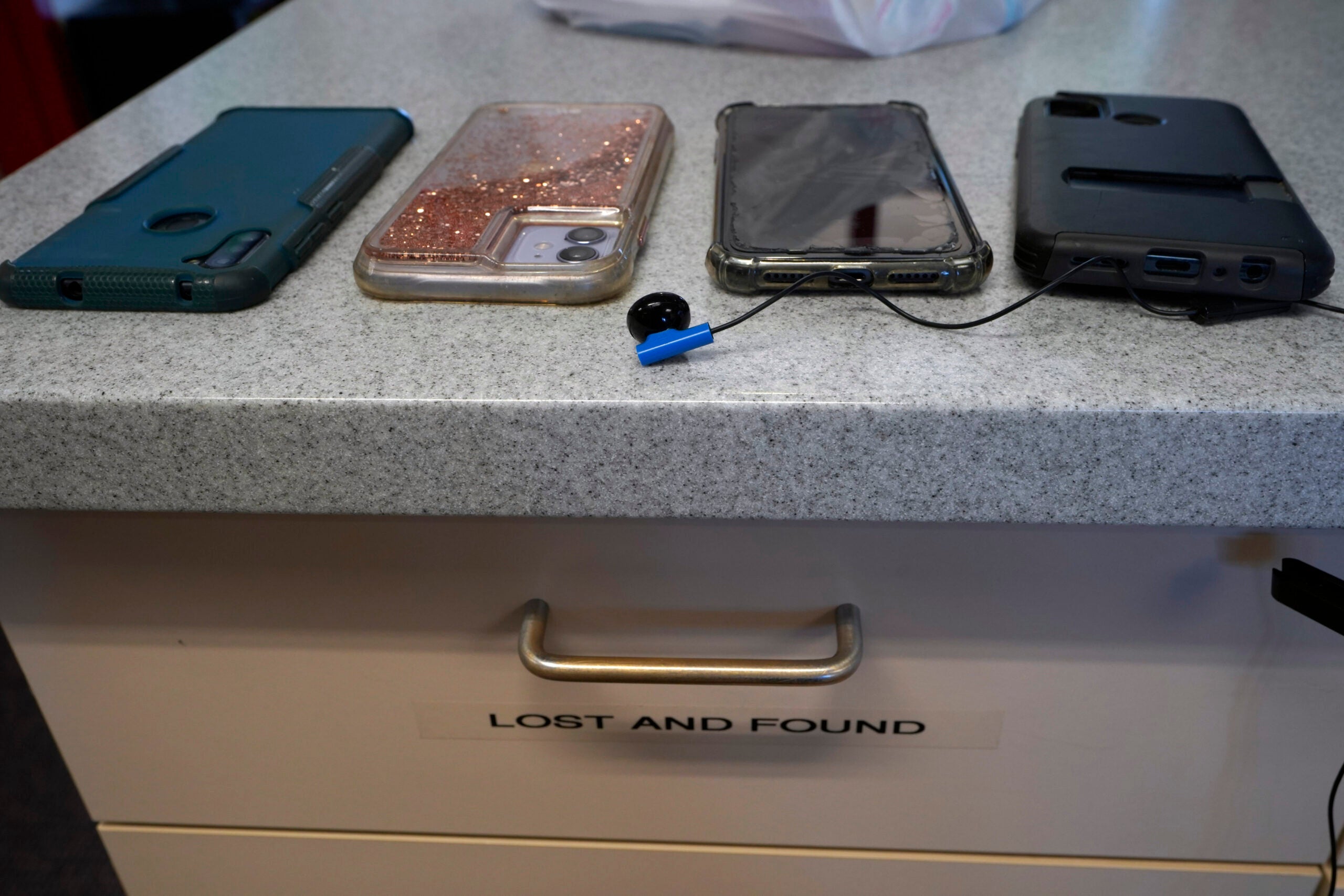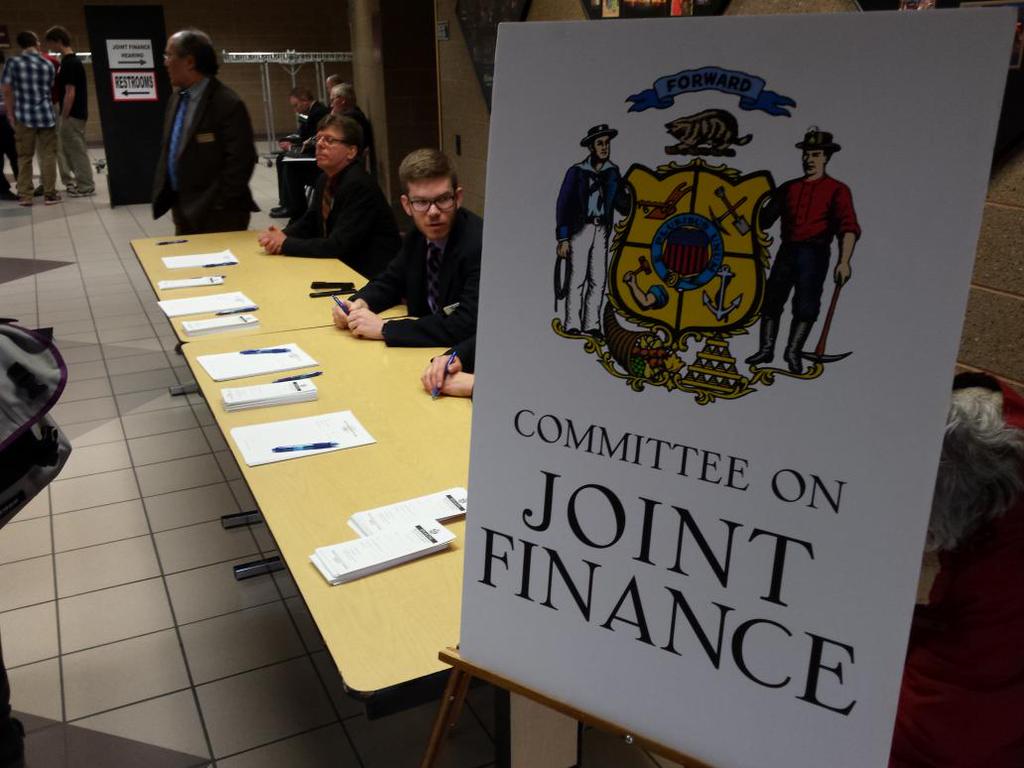Wisconsin public schools would get more funding, while also taking a financial hit from an expansion of private school vouchers, under a wide-ranging budget plan passed by the Republicans on the Legislature’s budget committee in the early hours of Wednesday morning.
The measure that passed the Joint Finance Committee would eliminate Gov. Scott Walker’s budget cut to public schools and increase state education funding by about $70 million beyond that. However, it would also increase what the state spends on private school voucher students, which would directly cost public schools $48 million.
State Rep. Chris Taylor, D-Madison, said it was clear who won in this budget.
Stay informed on the latest news
Sign up for WPR’s email newsletter.
“It’s like Christmas morning for private schools in the state of Wisconsin,” she said.
But state Sen. Leah Vukmir, R-Wauwatosa, said the more educational options, the better.
“The bottom line for me has always been that I trust parents,” she said.
Republicans also added a special needs voucher program to the budget, something disability rights groups successfully fought the past two legislative sessions. Lawmakers stressed that the program is optional and that some parents want it.
Another item on the Republican budget plan on Wednesday would give the Milwaukee County executive more power over struggling Milwaukee Public Schools. The lengthy plan would have the county executive appoint a commissioner with direct authority over low-performing schools.
Rep. Dale Kooyenga, R-Brookfield, said the district had failed students for too long.
“I’m tired of sitting in (an) intellectual world having theoretical conversations. We need to do something. Just execute. Do it. Because the kids deserve it,” said Kooyenga.
The commissioner’s power would come at the expense of the elected Milwaukee Public School Board. The plan was also developed without input from Milwaukee lawmakers, like Democratic Sen. Lena Taylor.
“You believe that each of you are capable of speaking for your district. Why is it that you can’t hear Milwaukee legislators speak for theirs?” Taylor asked.
The 29-page motion Republicans passed on a 12-4 vote Tuesday night is chock-full of other changes to education policy in Wisconsin. Here are a few of them:
Accounting gimmick to free up school funding.
In order to free up money for public schools in this budget, Republicans would delay a payment to the school levy tax credit until the next budget. They would also move a school aid payment from June until July so that schools get it in the same calendar year, but the state wouldn’t have to pay for it until the next fiscal year.
Homeschool students on public school sports teams.
The Republican education motion would let homeschool, virtual school and charter school students participate on their local public school teams, as long as they live in the district.
School accountability with a star rating system.
Republican lawmakers have been unable to agree on a standalone school accountability bill, but the 12 GOP lawmakers on the Joint Finance Committee all approved one version last night. The plan would not punish struggling public schools, but it would create a new grading system — one not based on the letter grades that some public school advocates had feared, but rather on a star system.
Let students earn credits without classes.
High schools could let students earn credits by demonstrating competency. Students would be able to earn up to half of their credits using this method. The GOP motion requires that high school diplomas earned through this process would be equivalent to diplomas earned through traditional coursework.
Require a civics test to graduate.
No high school student could earn a diploma without first completing the same civics test that’s given to people applying for U.S. citizenship.
Alternative teacher licensure.
While Walker proposed this idea in his budget, Republican lawmakers would delete his plan and write their own. It would require the state to grant a teaching license in any technology-related subject if an applicant meets a variety of requirements, including work experience in a technical field. The applicant would not have to have a bachelor’s degree.
Read the full motion below:
Editor’s Note: The wording in the first paragraph of this story has been changed to clarify that it’s public schools, not the state of Wisconsin, that would “take a financial hit” under the GOP’s plan.
Wisconsin Public Radio, © Copyright 2025, Board of Regents of the University of Wisconsin System and Wisconsin Educational Communications Board.





